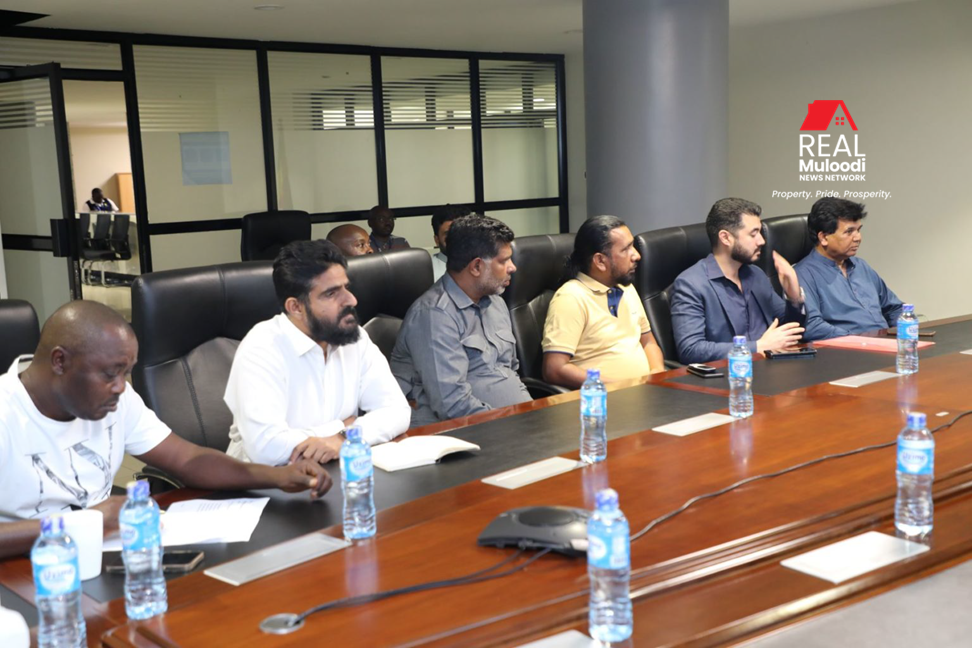UGANDA, Kampala | Real Muloodi News | In Uganda, wealthy individuals are characterised by being politically connected, largely channelling their wealth into real estate, hiding illicit wealth and outright evasion of taxes. The Uganda Revenue Authority (URA) is now launching a voluntary disclosure program aimed at high-net-worth individuals to encourage them to self-declare and regularise their tax affairs.
This initiative, known as the Voluntary Disclosure Program for Automatic Exchange of Information (AEOI), is designed to offer wealthy individuals a chance to declare any previously undeclared income and assets.
Those who take advantage of this program will receive a full waiver of penalties and interest on the tax paid before Uganda’s first automatic information exchange begins in September 2025.
Uganda has committed to implementing the Automatic Exchange of Information (AEOI) as part of its membership in the Organisation for Economic Co-operation and Development (OECD) Global Forum.
AEOI will enable Uganda to obtain details of undisclosed income from its treaty partners, facilitating tax assessment, collection, and prosecution of tax offenders.
The 2023 Africa Wealth Report highlights the prevalence of high-net-worth individuals (HNWIs) across the continent, with significant wealth concentrated in countries such as South Africa, Egypt, Nigeria, Kenya, and Morocco.
Uganda Revenue Authority’s HNWI section, established in 2015, was created to address the issue of non-compliance among large and medium taxpayers.
In its first year of operation, the unit significantly increased revenue collection and raised the proportion of wealthy individuals filing income tax returns from 13% to 78%.
In Uganda, individuals qualify as high-net-worth if they meet various criteria, such as having net investable assets of UGX 1 billion, significant directorship in companies with an annual turnover of UGX 50 billion, conducting bank transactions of UGX 1 billion, or obtaining a bank loan of at least UGX 5 billion over five years.
Other parameters include earning at least UGX 500 million in rental income per year, owning a home valued at over UGX 1 billion, owning motor vehicles valued at over UGX 500 million, and making imports of at least UGX 1 billion in a year.
Annet Cherotich, the Supervisor of HNWIs in URA, reported that the HNWI register comprises 1,629 individuals, including 270 VIPs and 1,359 HNWIs.
Over the last four years, the register has grown by 17%, and these individuals contributed UGX 91.47 billion in taxes in the fiscal year 2022/2023.
Cherotich noted that while HNWIs are subject to income tax, many do not file returns, and there is limited use of available data to profile them, exacerbated by the high-cash economy that makes tracking their economic transactions challenging.
The taxation of high-net-worth individuals presents unique challenges, especially in countries with inconsistencies in tax implementation and high levels of non-compliance.
In Uganda, wealthy individuals employ strategies such as registering wealth in the names of family members or holding assets in offshore companies to evade taxes.
URA intends to engage in dialogue with these taxpayers to encourage compliance before resorting to enforcement measures.
The Voluntary Disclosure Program aims to facilitate the re-alignment of tax affairs and prevent potential legal conflicts for high-net-worth individuals.
READ MORE LIKE THIS:
URA Launches Voluntary Disclosure Program for Landlords to Encourage Tax Compliance
URA Extends Olive Branch: Waives Interest and Penalties for Landlords
URA Issues Rental Tax Ultimatum: Appreciates Landlords and Offers Second Chance



